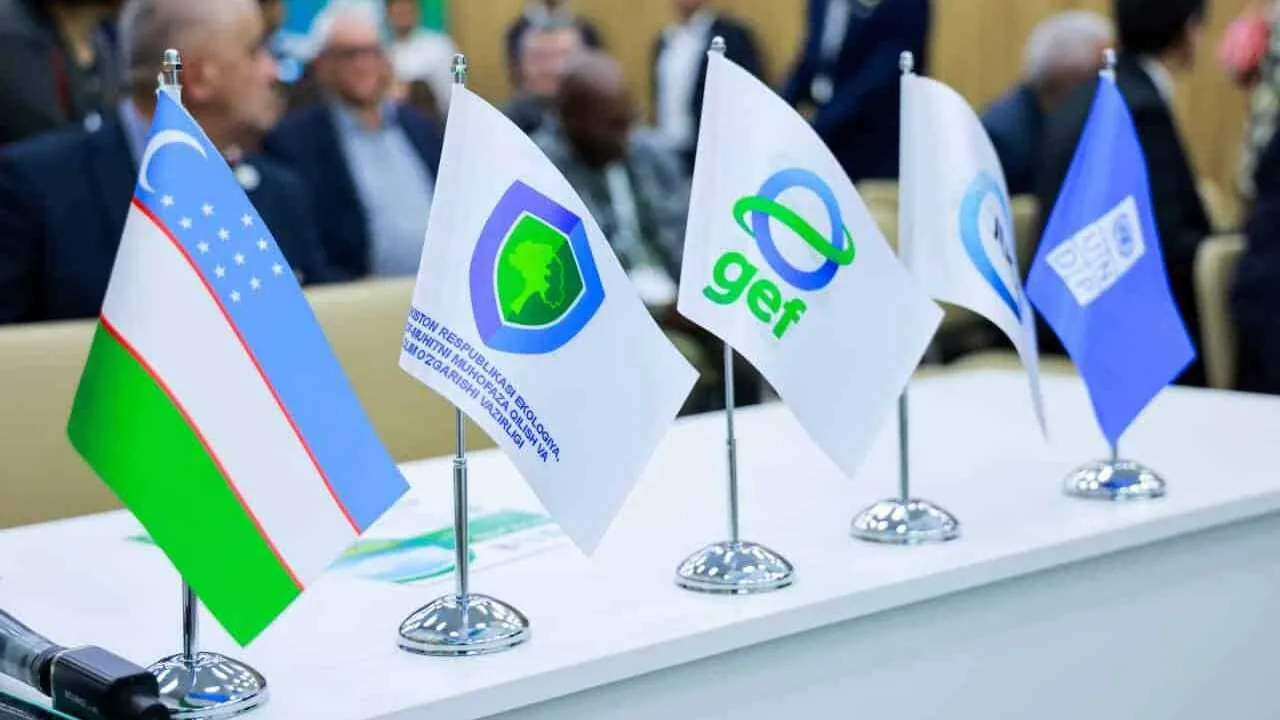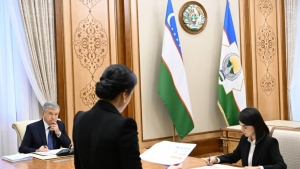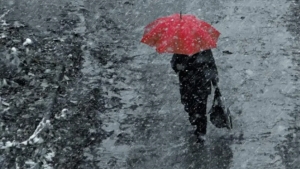6.1 million dollars allocated for Uzbekistan's ecology

The Global Environment Facility (GEF) will allocate 6.1 million US dollars to address environmental issues in Uzbekistan. This was reported by Zamin.uz.
This funding will be spent within the framework of the "Comprehensive Management and Restoration of Valuable Landscapes in Uzbekistan" (EcoLand) project. This was reported by Kursiv Uzbekistan.
The main goal of the project is to restore and protect ecosystems in three important landscape areas of the country. In this process, sustainable land resource management, nature conservation, mitigation of climate change impacts, and involvement of local communities are identified as key directions.
According to Jusipbek Kazbekov, Deputy Chairman of the National Ecology Committee, this project is an important step towards achieving ecological sustainability in Uzbekistan. The project will cover six regions and ten pilot districts of the country.
Overall, it is planned to improve the management system of natural areas covering 1.3 million hectares, enhance their sustainability, and create equal opportunities for local communities. Additionally, the project envisions the development of three types of ecosystems through comprehensive management mechanisms.
Innovative financial instruments will be tested in this process, and mechanisms for financing biodiversity will be introduced. Special emphasis is placed on involving women, youth, and vulnerable social groups in decision-making processes within the project.
Furthermore, attention will be paid to ensuring ecological sustainability through the application of "green" investment products and biodiversity credits. During the event, a memorandum of intent on cooperation was signed between the National Ecology Committee and the United Nations Development Programme (UNDP).
The presentation provided information about ecological reforms in Uzbekistan, including restoration of natural areas, biodiversity conservation, and sustainable management of water and land resources. UNDP also showcased initiatives supporting local communities with consideration of key biological areas restoration, nature-based tourism development, and gender issues.







